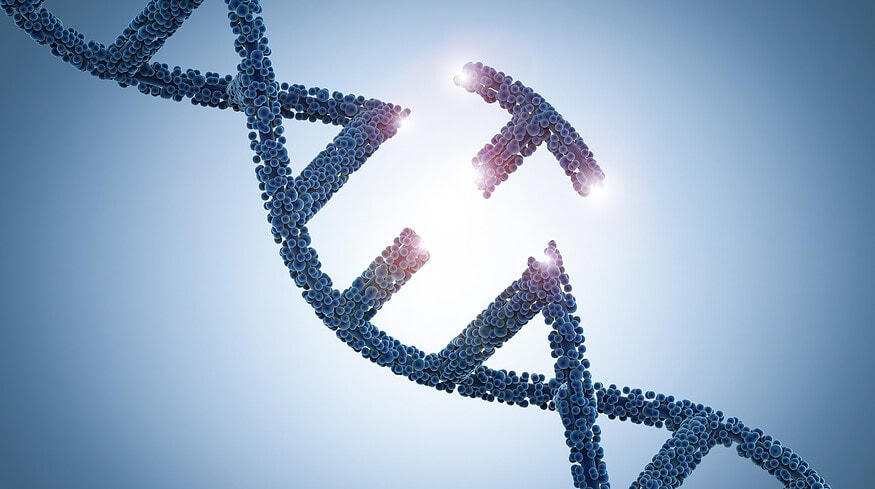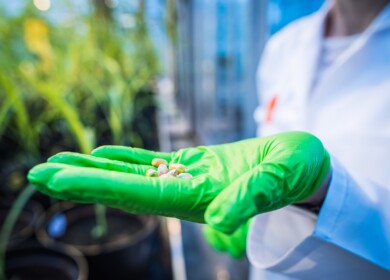EU divided over gene-edited food rules amid regulatory deadlock

In the European Union, a sharp division persists over the deregulation of gene-edited (NGT) foods, with the latest proposal by the Belgian Council Presidency failing to break the ongoing deadlock. This proposal was notably withdrawn from the agenda of a recent EU ambassadors’ meeting after it failed to secure the necessary support from some member states, including Poland.
According to sources from the Belgian Presidency, Poland’s Agriculture Minister, Czeslaw Siekierski, expressed reservations about the rapid pace of decision-making, highlighting the lack of adequate time to assess the impacts of the proposed NGT rules. This hesitation from Warsaw was a significant setback as securing its support was crucial for moving forward with the proposal.
The controversy over NGTs highlights the EU’s ongoing struggle to balance innovation in agriculture with public health and environmental concerns. NGTs, unlike traditional GMOs that involve transgenesis (introducing DNA from different species), work by editing genes within the same species without adding foreign DNA. This distinction, however, has not eased regulatory challenges or public skepticism.
Recent events in Italy underscore the contentious nature of this debate. A field trial of genetically modified Arborio rice, engineered to resist the devastating blast disease, was vandalized shortly after its inception. This trial was part of Italy’s response to a severe drought in 2022, pushing the government to explore more resilient crop solutions.
Despite the potential benefits of NGTs, such as improved crop resistance to diseases and pests, the EU continues to regulate these technologies under strict GMO laws established in 2001. This stringent regulatory framework has largely kept gene-edited crops out of EU fields, with the exception of some insect-resistant GM maize varieties in Spain and Portugal.
The deadlock over NGTs is expected to persist, with upcoming EU presidencies likely to make little headway on this issue. Meanwhile, the scientific community and regulators remain divided, with contrasting reports from national health and food safety agencies about the risks associated with these technologies.
As discussions continue, the European Commission has suggested that easing regulations on NGTs could align them more closely with conventionally bred plants, potentially opening the market to these innovative crops. However, with substantial public and governmental resistance, significant changes to the regulatory landscape appear to be a distant prospect.
Enjoyed this story?
Every Monday, our subscribers get their hands on a digest of the most trending agriculture news. You can join them too!
















Discussion0 comments